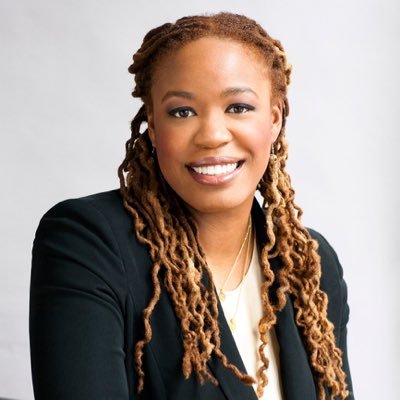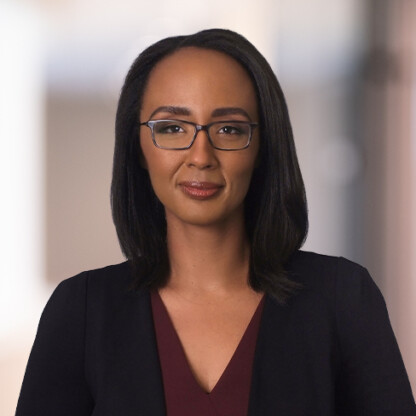Foley Black History Month Program: The Sum of Us with Heather McGhee
In celebration of Black History Month, Foley & Lardner hosted a firmwide virtual program on February 22 featuring Heather McGhee, an educator, public policy leader, and New York Times best-selling author of The Sum of Us: What Racism Costs Everyone and How We Can Prosper Together.

McGhee spent nearly two decades of her career in public policy helping build and ultimately leading the non-partisan “think and do” tank Demos. She has crafted legislation, testified before Congress, and helped shape presidential campaign platforms.
In 2017, frustrated that the conventional public policy-making formula had become broken, she handed over the reins of Demos and hit the road in search of why it seems like we can’t have nice things in America like universal child care and well-funded schools in every neighborhood.
McGhee shared with attendees the three core lessons she learned on this journey.
- Collective economic progress in America is being held back by the widely held worldview of the zero-sum game. The idea is that it’s a fixed pie, and if I get a bigger slice, you get a smaller one. “It’s actually a racialized story of ethnic and racial groups competing with each other for dominance,” McGhee said. But inequality costs all of us growth. “You want all your players on the field scoring points, but the zero sum lie tells us we’re not all on the same team.”
- Drained pool politics is the zero-sum game taken to its logical conclusion. “During my journey, I became obsessed with what happened to the 2,000+ resort-style swimming pools built during the New Deal era as a glittering reflection of the ethos of public goods,” McGhee said. But the radical public policy coming out of the Great Depression such as government subsidies to spur home ownership and those publicly funded swimming pools were racially exclusionary, she said. And when Black people won desegregation in the courts, many communities drained their pools rather than integrate them.
- Solidarity dividends are everywhere. These are the benefits we gain when people come together across race to accomplish what we simply can’t do on our own. “Once I began to see the common thread of the hidden cost of racism in our policy making, I started to feel more optimistic if I could just pull that thread,” McGhee said. So that’s what she did, collecting stories on the road that became proof points of the solidarity dividend. One of these was the return of a 1920s era Black-owned resort in Manhattan Beach to the legal heirs of the Bruce family.
“Today we are seeing evidence time and again that diversity is in the best interest of our institutions. That people that come together from all walks of life can have the kinds of breakthroughs that homogeneity can’t,” McGhee said.
“When we invest in fighting for solidarity dividends for all of our children, then the future is brighter not just for those who have been kept in the dark for so long but for every single one of us in all our communities.”
Follow the link to learn more about Diversity, Equity, & Inclusion at the firm.
Author(s)

Alexis P. Robertson
Director of Diversity, Equity, & Inclusion
[email protected]